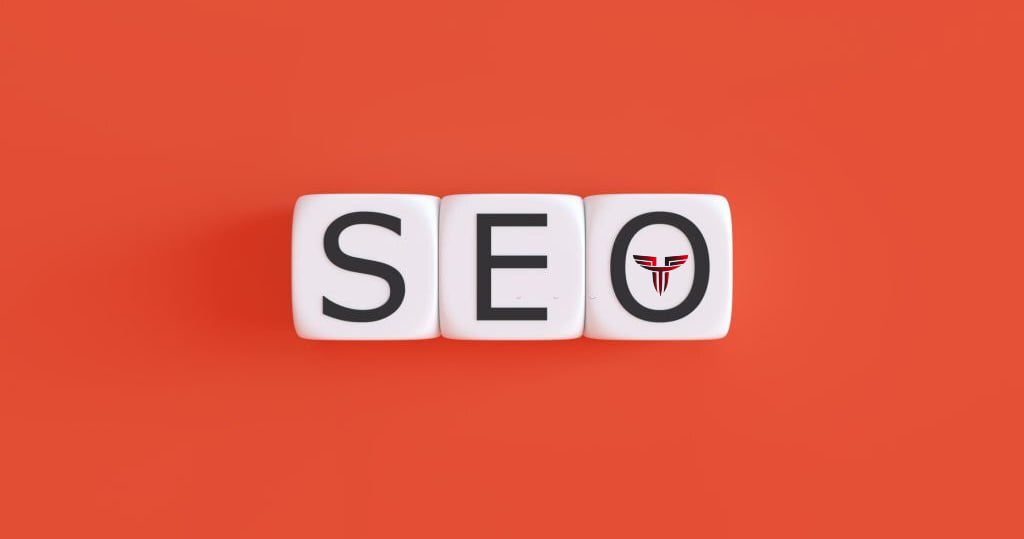The practice of increasing a B2B website’s visibility in search engine results across all keyword and search opportunities that have the potential to create targeted traffic and engagement is known as business-to-business (B2B) search engine optimization (SEO). The methods and approaches required to get visibility in search results distinguish B2B SEO from B2C SEO. The following are some of the most significant differences that have an impact on SEO:
- The length and complexity of the sales cycle
- Content that is most likely to rank
- Poor volume keywords have a low keyword value.
- Lead generation vs. eCommerce
- Marketers who use account-based marketing
You may build a more successful SEO plan that produces optimal business outcomes by understanding the concept of B2B SEO and the intricacies of these differentiators.
1. Sales Cycle Length
Long sales cycles are standard in B2B business models, necessitating a substantially longer user journey. There are considerably more touchpoints in this trip than in traditional B2C user experiences, and a lot more information has to be given to a potential buyer. As a result, there are many types of content that correspond to various stages of the buying cycle. Gartner has divided the buying cycle into six stages:
- Identifying the issue
- Exploration of potential solutions
- Creating requirements
- Choosing a supplier
- Validation of the solution
- Creating a consensus
Each of these stages contains a set of keywords that correspond to the buyer’s requirements. In many circumstances, the buyer is an entity made up of several people, each playing a particular function in the buying process. As a result, the volume of information and the various voices and user focus required for that content are frequently far more complicated than a B2C business model/website. As a result, keyword research and content strategy are more complex to acquire visibility for specific terms in search results.
Aligning SEO best practices and specialized SEO content initiatives with a bigger marketing strategy is particularly difficult. Integrating major B2B firms’ SEO objectives into their content creation plans necessitates a lot of planning, coordination, and, in most cases, a lot of education for various stakeholders within the marketing team. This is especially true for instructional content at the top of the funnel, which is less directly linked to potential purchasers.
2. Type of Content Most Likely to Rank
Regardless of SEO considerations, B2B enterprises want informational material to raise visibility. However, given the present search engine landscape, it has never been more critical, particularly in the case of Google. Google used to be incapable of comprehending purpose, entities, or semantic relationships. Those were the days when content with the most powerful link connectivity dominated search engine ranks for relevant keywords, regardless of the type of content. As search engine algorithms have improved over the last decade, search engines have become considerably better at providing consumers with information that is more relevant to their query. This includes a focus on knowledge and resource-oriented content with a higher top-of-the-funnel or awareness orientation for many non-brand, broad keywords.
That means that, rather than pages with specific solutions, software, or services, B2B search results are now dominated by definition pages, relevant blog posts, and other resources that enable knowledge gathering and study, rather than pages with specific solutions, software, or services.
One of the significant differences between B2B and B2C search engine optimization is the problems and solutions necessary to integrate that SEO strategy into a larger content marketing strategy. Content strategy is critical for B2B SEO, and a vital component of your SEO content strategy is evaluating the search results for the keywords your B2B company is targeting and determining the style of content that is most likely to rank for those keywords. B2C websites may target terms with this kind of informative bias in some circumstances, but they do not in many others.
3. Low-volume keywords’ keyword value
Another significant distinction between most B2B and B2C websites is the possible value of a single visit and the potential worth of long-tail, low-volume keyword traffic. Long-tail keyword traffic is critical for both B2B and B2C organizations. However, the proportional value of each visit has the potential to be tenfold larger due to the pricing point of many B2B solutions versus B2C offerings. Obviously, this is a broad generalization, but it appears to be correlated to overall traffic numbers being less precise as a metric of success for B2B websites than B2C websites.
This places a higher emphasis on highly targeted, low-volume keyword ranks that generate highly qualified leads, as compared to a B2C site, where somewhat less targeted keyword rankings that generate significant amounts of traffic may be more profitable. The distinction between these two mindsets has an impact on where you put your focus and many aspects of your SEO strategy, such as content strategy and link acquisition tactics. Furthermore, it can potentially alter the KPIs you use to assess performance radically.
4. Lead Generation vs. eCommerce
One of the most significant differences between B2B and B2C websites is that most B2B websites lack eCommerce platforms that require optimization. B2B websites tend to be more concerned with lead generation and engagement metrics, whereas B2C websites are more concerned with sales and revenue. In terms of SEO, this implies that B2B sites don’t have to spend as much time optimizing data feeds, image optimization across an array of products, or eCommerce platforms, which are notorious for having a slew of technical faults. B2B sites, on the other hand, tend to have a lot more informational content that requires more advanced strategies for crosslinking that content and integrating new content into the user journey in a way that maximizes visibility, improves page rank flow, and keeps the overall site architecture as flat as possible. This is particularly difficult in an enterprise setting with various teams, platforms, site sections or subdomains, and hundreds, if not thousands, of old web pages.
SEO Comparison: B2B vs. B2C
The distinctions between a B2B and a B2C SEO campaign aren’t always clear. LikeB2C websites, some B2B sites also have an eCommerce component, and similarly, some B2C websites, like most B2B sites, have a significant amount of knowledge-sharing content. In general, the differences between B2B and B2C SEO are crucial to understand to establish unique tactics that will help you be more successful in the B2B arena.
No one ever said that growing your business would be easy, and no one ever achieved their goals alone. With the right business-to-business (B2B) digital marketing partner and effective strategy, you can attain the momentum you need to reach new heights with your business.
The Hyper Fuel is a top-rated B2B digital marketing agency counted amongst the top B2B marketing service providers worldwide. Because when it comes to business growth, there is no better way to fuel your sales than The Hyper Fuel! Call us today to get started on the path to faster growth.







